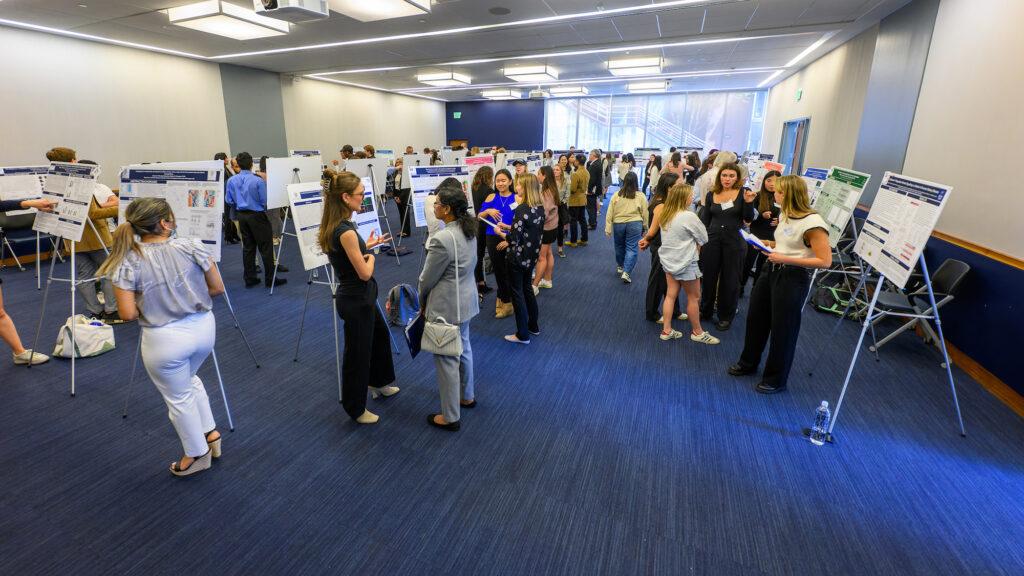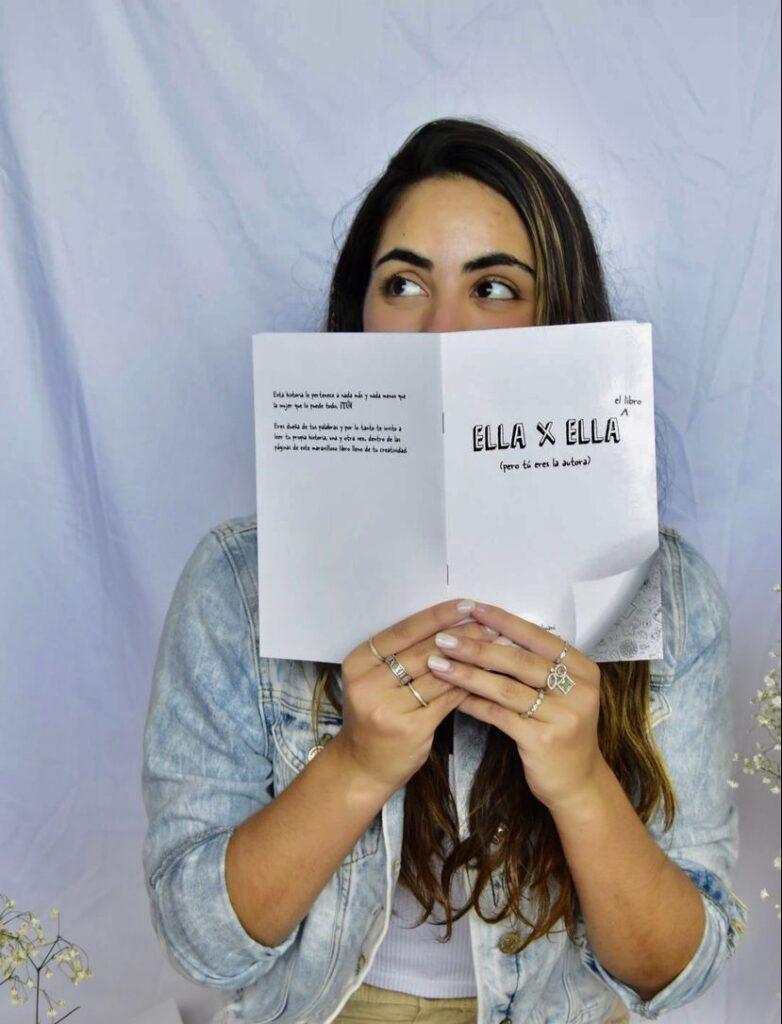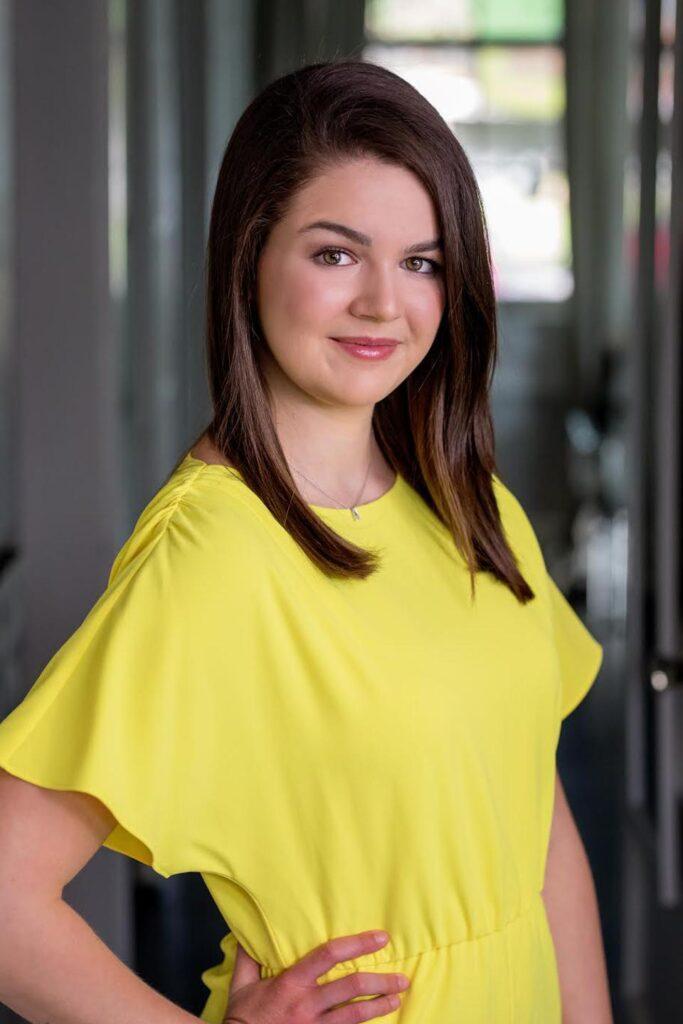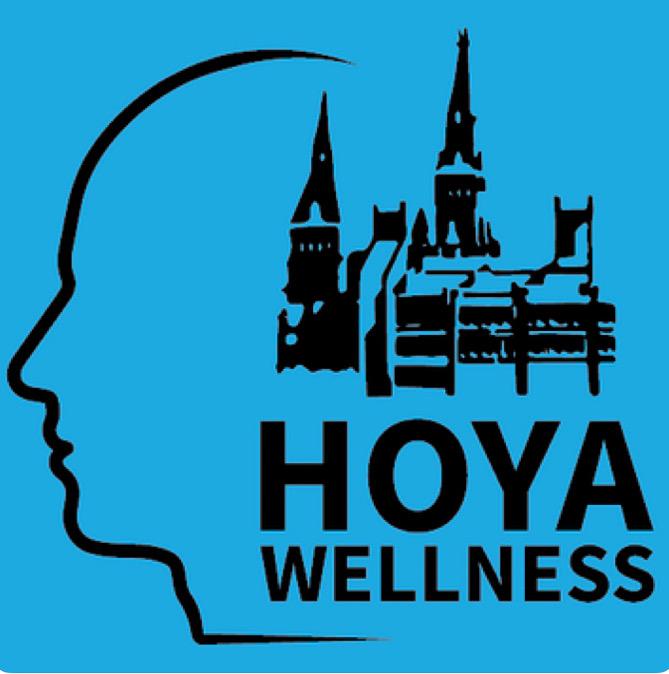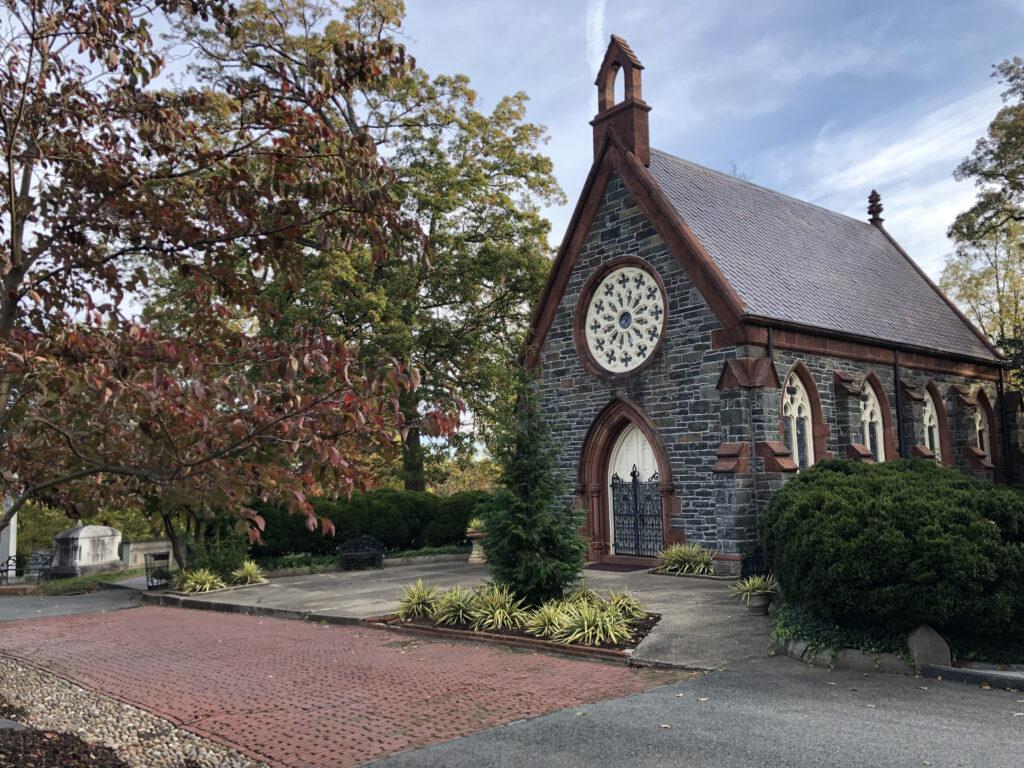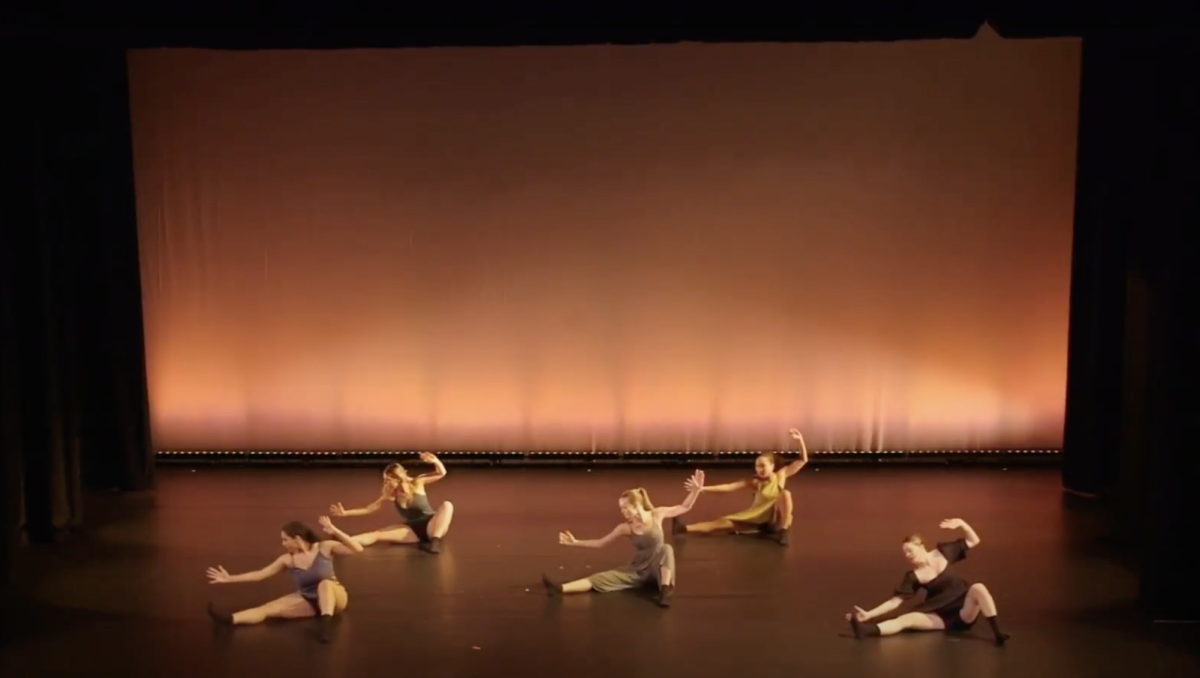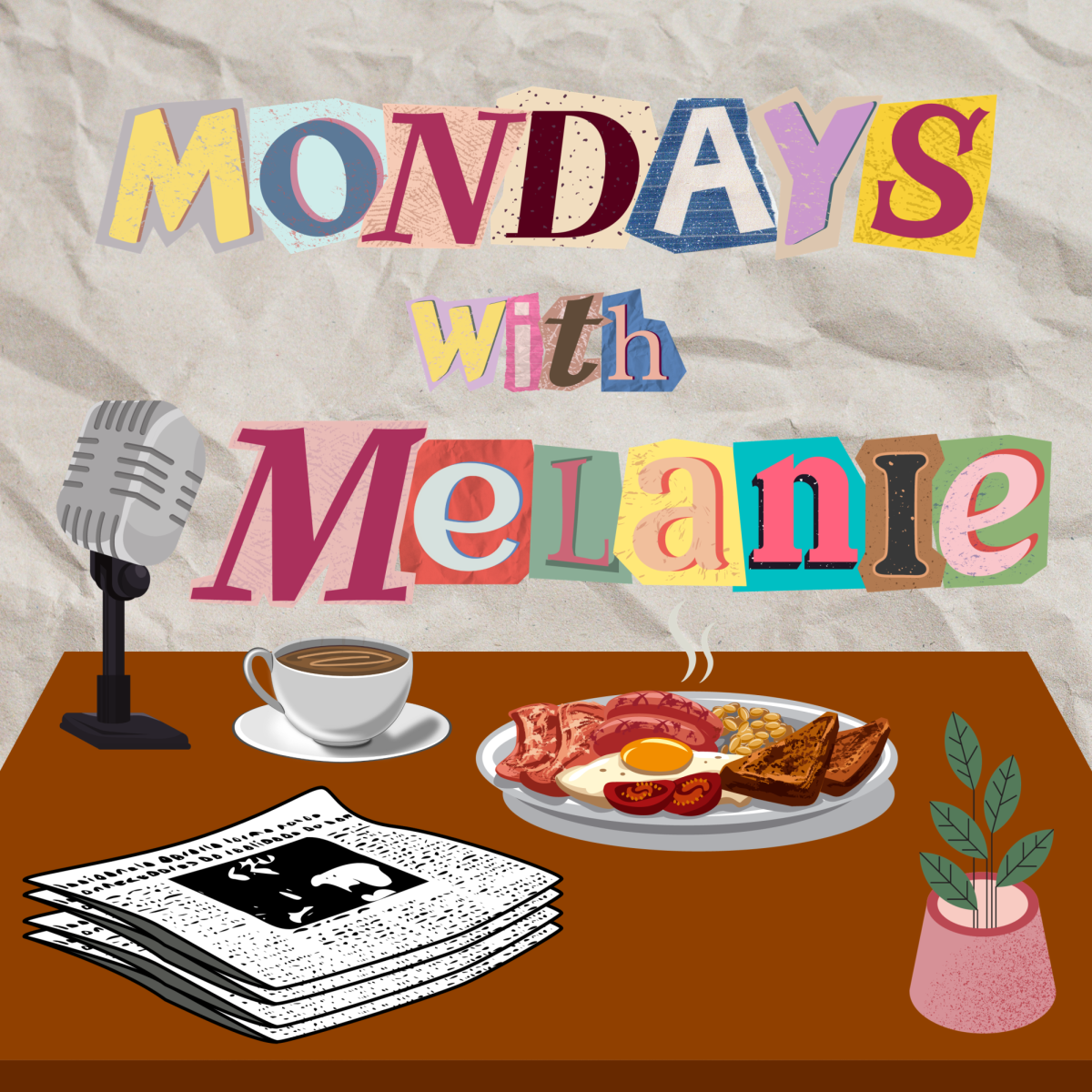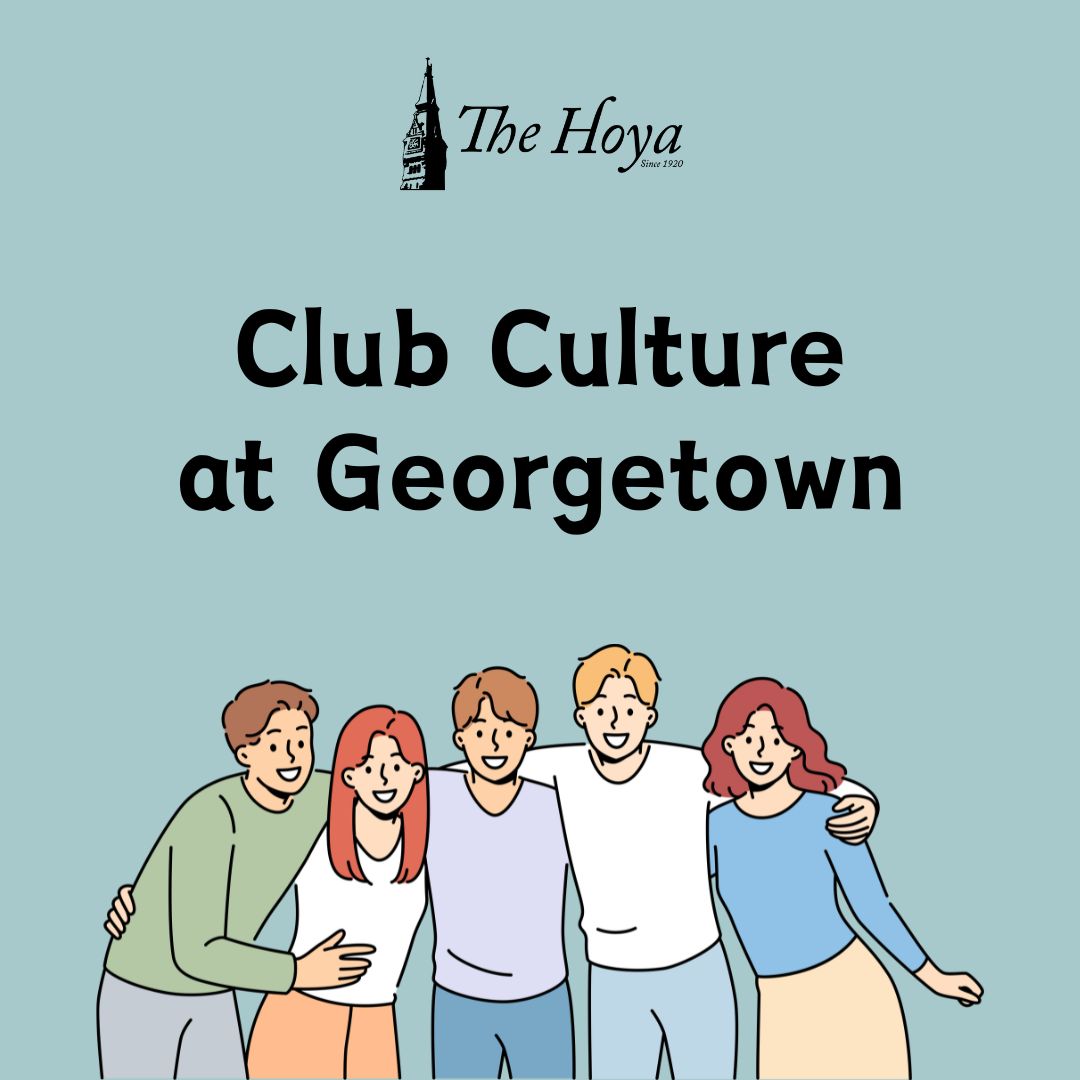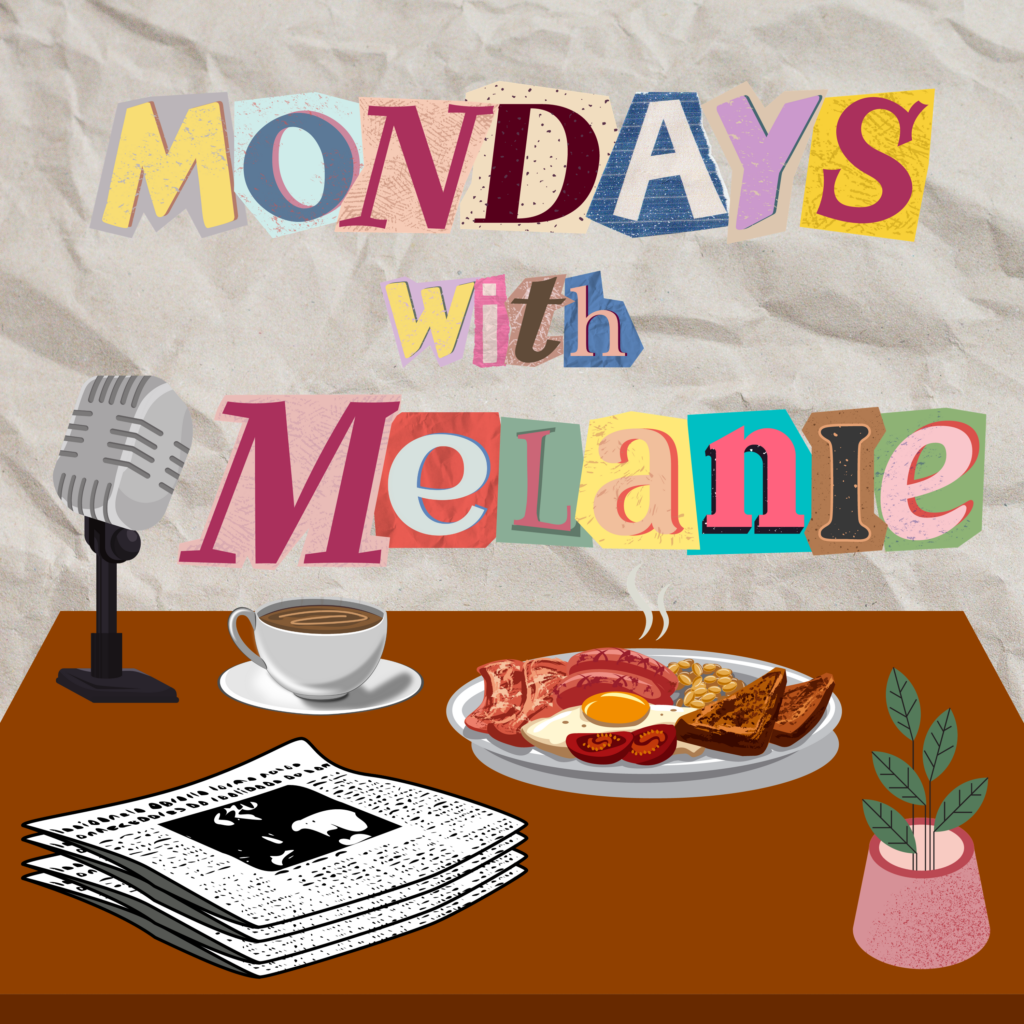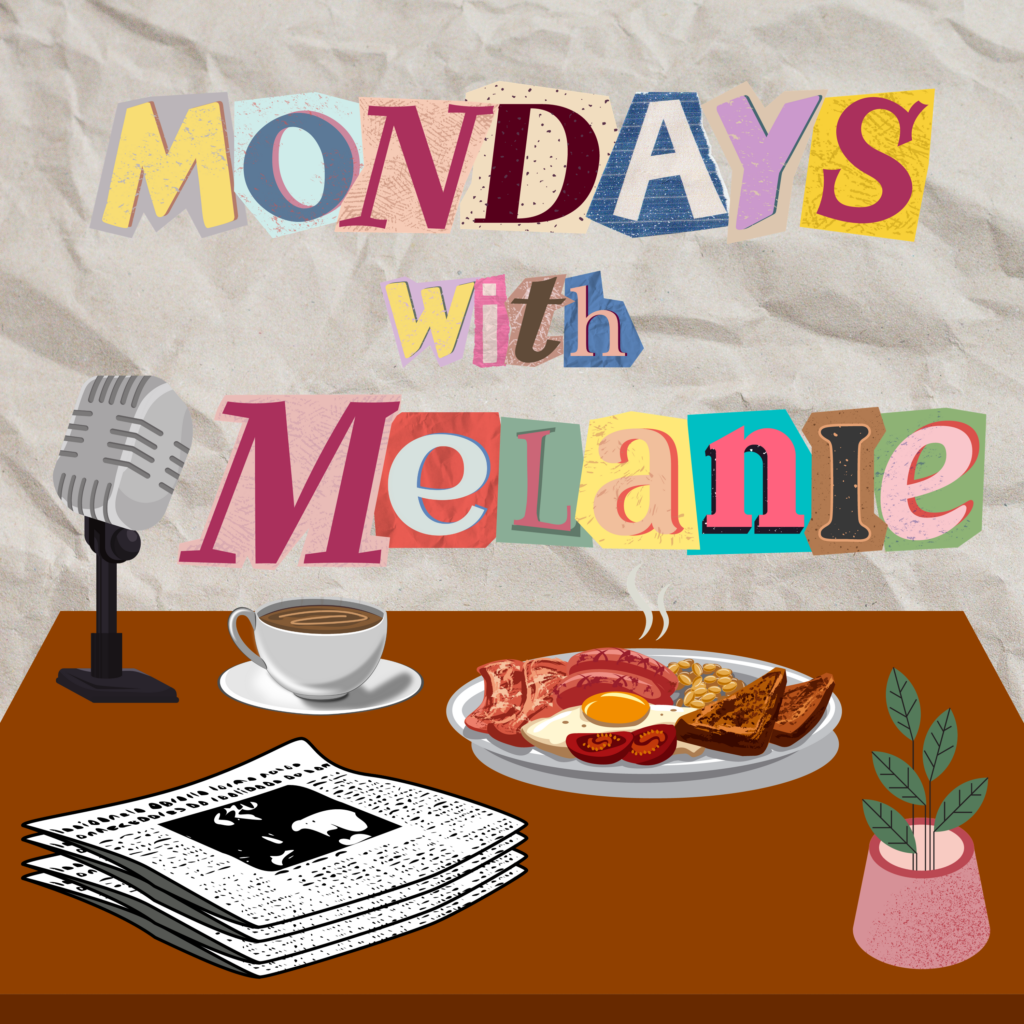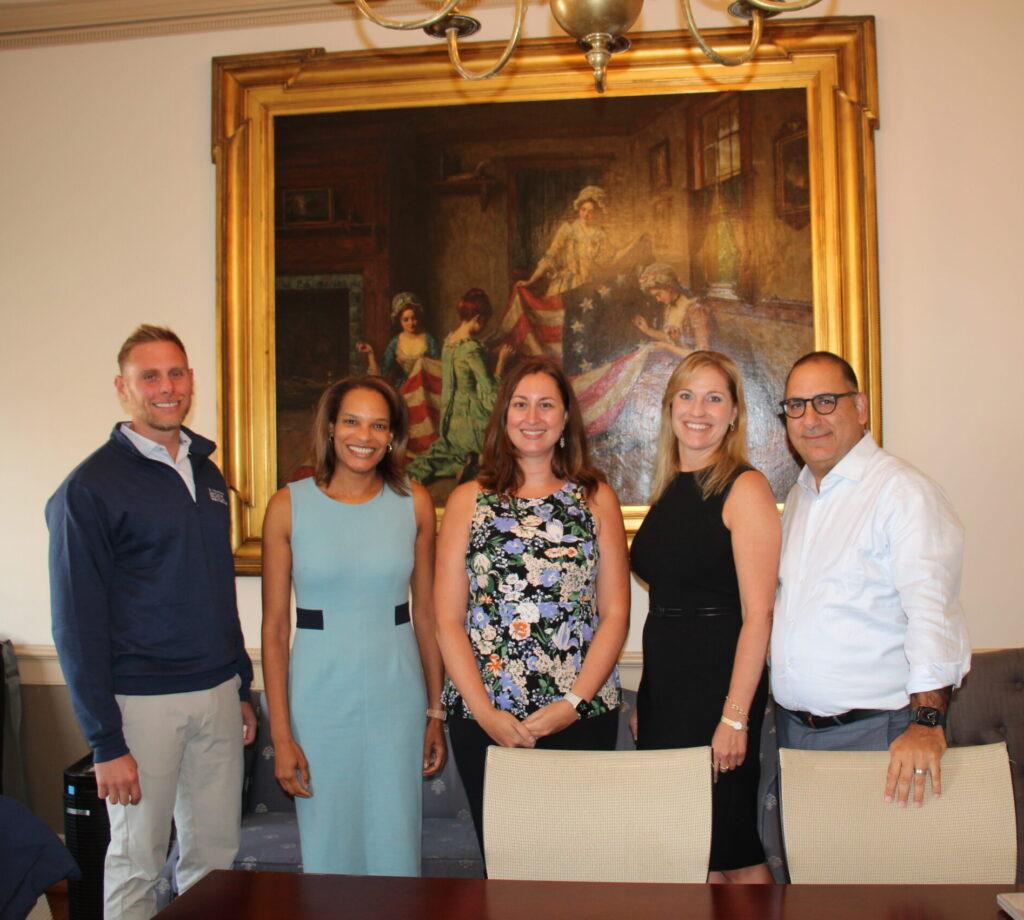This week, we spoke with GUSA President Nile Blass (COL ’22) and Vice President Nicole Sanchez (SFS ’22) to check in on their administration’s progress eight months into their term.
Listen in to hear about their crisis response regarding everything from meal plans to norovirus, as well as plans for a national consortium of other university student groups.
This podcast is part of a larger series of stories, including coverage from The Hoya’s News section as well as our Editorial Board’s response online.
Podcast Transcript:
GB: From The Hoya, I’m Grace Buono (COL ’23), this is The Community Corner, a weekly show about the lives and stories of Hoyas near and far from the Hilltop. This week, we have a special episode for you. In collaboration with our News section here, The Hoya sat down for a midsemester chat with Georgetown University Student Association President Nile Blass (COL ’22) and Vice President Nicole Sanchez (SFS ’22). Blass and Sanchez took office in February 2021, after running on a platform centered on equitable and transparent COVID-19 protocols, better support for student communities and plans to restructure GUSA. This podcast is part of a larger series of stories that The Hoya produced this week about Blass and Sanchez’s work thus far. You can read an edited transcript of The Hoya’s conversation with the GUSA executive leadership in our News section as well as our Editorial Board’s response online.
HM: Awesome. Okay. So I guess, first question would be…
GB: That there was Senior News Editor Harrison McBride (COL ’22). Along with fellow editor Katie Hawkinson (COL ’23), they sat down with Blass and Sanchez Monday night for this conversation.
HM: What has been your administration’s biggest accomplishment and then what was the biggest challenge you faced in accomplishing that, and how did you overcome it?
NB: Like, it’s hard to pin an achievement, it’s very easy to pinpoint the challenge.
GB: You’re listening to Blass right now.
NB: But a lot of the semester has been emergency needs, things that weren’t predicted in terms of the GSP move, in terms of so on and so forth. There’s a lot of situations in which we were fundamentally unable to predict and it wasn’t a part of our platform because Georgetown was changing its administrative stances on that. So I’m really proud of everything that we’ve done, but I would say personally that like it’s very important for me to be doing tangible and deliberate work, and I think that a lot of times GUSA can be doing a lot of meetings behind the scenes and having a lot of dialogues but what the student body is actually able to receive and really truly engage in is limited.
GB: Blass points to things like the CARES Act and AARP Act as forms of financial restitution for students as it relates to both the COVID-19 pandemic as well as different ways in which students engage with the university coming from different places.
NB: I think that’s some of the work that reached the most people that needed it. I think it’s the work that was most tangible and most visible, like here is a check that manifests the advocacy that’s been happening. But like I think there’s nothing like allowing students to see their financial value and ensuring that just as much as we’re forced to invest into Georgetown, Georgeotwn has to invest into us.
NS: I would say that one of our biggest achievements, at least for me, is the financial assistance that just came out for meal plans.
GB: You’re hearing from Sanchez now.
NS: I say that’s a big achievement for us because we worked on it for months. We spent hours of meetings and prepping and conversations and research and just really fighting for something to be done to acknowledge the mistake that the school made in having this mandatory meal plan. And all of these pieces of like GUSA and what GUSA does all came together to kind of get this resolution, and I think that’s a big accomplishment, ’cause like even when we wanted exemptions and we fought really hard for but we didn’t give up even when administration said no and we found another way around it and we made sure that the biggest needs that needed to be addressed, which was financial assistance for the students and the missingness of refunds and the added additional costs that a lot of juniors and seniors weren’t expecting, were immediately addressed and in a fast way too.
KH: I think our second question, you’ve actually already touched on this, but a lot of your campaign platform both during running for the executive and also as you’ve been in this position has focused on advocacy for vulnerable communities on campus. So we were wondering if you could talk a little bit about how you followed through on your promises to make Georgetown a more affordable, accessible and inclusive place for all students?
NB: Off the top of my head I think there’s been a lot of unilateral things and I think that I want to emphasize that when we’re talking about marginalized communities it’s I think the philosophy of the executive at this current moment that oftentimes the needs of the underrepresented overlap with the needs of the majority, and supporting the underrepresented, there’s no resource that low-income or BIPOC students receive that isn’t inextricably linked with the benefit of the entirety of the student body.
GB: Blass, who was the first Black, woman GUSA president to be elected, focused much of her election campaign with Sanchez on the ways in which the university could improve its relationship with both communities of color as well as vulnerable groups of students including those who are low-income, housing insecure, and otherwise high-need.
NB: I also know that Nicole is directly a member of GSP and she has a lot of work as it relates to that so I want to give the floor to her.
NS: We are representative of the entire student body but we do not represent every identity on campus and I think that’s something important to understand. That’s something that we’ve been very aware of and thoughtful of in all of our actions. Even when you’re thinking about CARES Act money and how we negotiated with the school on how many students get it, what is the EFC amount, what’s the EFC cutoff, what is the amount of students that we want to service, we try our hardest to ensure that we’re including people outside of our identity, that we are also acknowledging that the most marginalized students are yes, GSP students, low-income students, BIPOC students, but also some middle-class students, it’s also working-class families, it’s also families like Nile said herself, people who pay out of pocket suffer a lot and a lot of times don’t really reap the benefits, not benefits per say, but support that GSP students get in a way.
KH: One thing that we were also curious about, like how has your administration’s mission evolved over your tenure so far and what have the factors that have played into changing your goals throughout the semester as they come up?
GB: Next up we have Thomas Leonard (COL ’22), GUSA chief of staff, who was also in attendance at this meeting.
TL: Most of sort of our broader just sort of administrative goals that are independent from crisis response have been not derailed but ultimately just delayed because the work that we do, while it’s not incredibly difficult, is still rather intensive and of course very important.
NS: Our mission is still the same and although our short-term goals have had to shift, we’re still pushing along certain stuff through as much as we could while we finished building a team and while all these other moving parts of GUSA get finalized.
GB: For Blass, in this next phase of her administration they hope to work on longer-term projects, including connecting with other schools in the DMV region with the aim of finding common ground, working together and supporting each other’s individual student movements. This, according to Blass, is something fundamentally missing from GUSA as an organization.
NB: A really big thing that we’ve talked about is a national consortium. So I think both Nicole and Thomas come from New York City, which has one of the biggest locations of like student governments in terms of working directly with the city government and also with the state government, and that’s just something we don’t have in D.C. I would even say that the Howard sit-in and the supply drops and the fundraising that we’ve done is the first immediate substantial work that we’ve been doing with other universities in terms of making our presence known and being deliberate in the space that we share. How do we want to use that Georgetown privilege? Who do we want to bring in that room? What do we want to organize around that is unilaterally important and impactful to the student body, not just at our school but at other schools? And I also think that it’s an opportunity too because even with Howard I think Georgetown struggled with dealing with BIPOC communities and other communities that are marginalized. I mean the fact that we don’t have an on-working relationship with Gallaudet, the fact that an on-working relationship with Howard University or even Morgan State, which is in Baltimore, I think is a fundamental failure of our organizing. So I think that this is an opportunity to have that shared effort.
GB: What’s more, Blass sees these opportunities to connect with other universities beyond just the local level. She imagines Georgetown creating a coalition with 25 or even more universities around the country.
NB: So a really big thing we want to do is ensure that we’re making contact with not just schools on the East Coast but at least enough schools that are regionally diverse and representative in having that. So if we’re talking about national action and if we’re talking about deliberate organization, we’re having that conversation with the Midwest, we’re having it with the West Coast, we’re having it with the South, we’re having it with the East Coast. And the issues of concern that are shared between us, we can elevate those because I think it’s very different for Georgetown to be asking for something than perhaps the 25 top universities of the country asking for something.
NS: When we’re talking about the national consortium, yes, it’s amazing to partner up with these schools and use a lot of our power to advocate, but I also think the benefit that we gain as like our own institution and as students at Georgetown is very significant. A solution to some problems that we’re facing at Georgetown can be resolved on a federal and local level. And doing this consortium is going to allow us to create the pathway to achieve those things.
GB: The conversation ended with a big question: What has it been like for this GUSA team to work with Georgetown administrators? Blass and Sanchez both had varied answers to this question, ranging from positive to negative experiences they’ve had. Here’s some of what they had to say.
NS: I’m going to say this and I’ll say this very explicitly, there are a lot of administrators that we work with that downplay kind of what Nile was talking about, empathy, but I’ll say it in different words. They downplay student voices and student feelings. When norovirus happened or even when the first round of the CARES Act was going out, not even the first round but like the third round during the spring, a lot of rhetoric was thrown around that kind of felt disrespectful to us as students, whether it be administrators calling students needy in a sense and the tone of the way that things were being said. Other administrators calling us liars for saying verbatim what students, like I said we do surveys, we collect information and we share those testimonies with students allowing us to, to say, “Hey, this is what students are telling us,” and administrators tell us straight to our face, “Oh, please stop exaggerating and using hyperbole.” Please stop, like, basically calling us liars during meetings. They have kind of downplayed student feelings and emotion. There’s a really big thing in regards to liability with administrators where any negative thing that happens to any student on campus, the school can be held liable for, so they’re very specific on how they take accountability, which is something we’ve really had issues with as accountability and communication.
NB: I only have to emphasize what Nicole said about that. Like, yeah. It’s almost polarizing.
GB: Blass ended with this note: As for what really comes next, it’s a question of longevity. How can she and Sanchez make sure that their work doesn’t evaporate when their time at Georgetown comes to an end? Because that, especially for a group that works so closely with administrators, is the real challenge that they’re facing.
NB: Georgetown banks on the idea that we leave in four years. So even if we give them the worst four years of their lives, John DeGioia (CAS ’79, GRD ’95), Joseph Ferrara, all the other individuals, regardless of our personal relationships with them, or whether or not they’re amicable in support of the work that we’re doing, we leave. So they can stay. So they can write us out. Any action that we have implemented that changes the administration, whether we’re talking about the financial aid office, whether we’re talking about VPs themselves, whether we’re talking about the provost, is one of my biggest priorities because that’s the change that stands after we’re gone. Because a lot of other things rely on the people who are coming afterwards, restructuring or not, being as focused and as engaged and following up as everything else that we’re doing, and that’s a lot. People generationally have different interests, have different focuses, and I think that’s a harder sell than making sure the people who are going to be here at minimum for 20 years at a time get the message and work towards that.
GB: This podcast was edited and produced by Grace Buono. Special thanks to Harrison McBride and Katie Hawkinson for recording the interview, and thank you to Nile Blass, Nicole Sanchez, and Thomas Leonard for taking the time to speak with The Hoya. That’s all for today, tune in for more next week.




